Retro Replay Review
Gameplay
Omega’s gameplay is the true north of its appeal, blending the unforgiving charm of classic roguelikes with a structured narrative that guides the player from Earthling to Adept. Every dungeon delve is a fresh test, as procedurally generated floors, randomized monster placements, and ever-shifting traps ensure that no two runs feel identical. Expect to embrace careful planning and tactical patience—mistakes can be fatal, and survival hinges on resource management, tactical positioning, and knowing when to retreat.
(HEY YOU!! We hope you enjoy! We try not to run ads. So basically, this is a very expensive hobby running this site. Please consider joining us for updates, forums, and more. Network w/ us to make some cash or friends while retro gaming, and you can win some free retro games for posting. Okay, carry on 👍)
Character progression in Omega is refreshingly deep. You start with a single class, but as you complete quests and gain experience, you unlock multiple specializations, each reflecting a different aspect of the Lords of Omega’s philosophical teachings. Whether you focus on mystic arts, melee mastery, or stealthy infiltration, the skill system rewards repeated use and experimentation. Customized loadouts, from enchanted relics to specialized armor sets, give you the tools to shape your own path through the looming dungeons.
Combat unfolds in a turn-based, tile-grid format that feels simultaneously intuitive and strategic. Every action—moving, attacking, casting—consumes a turn, and enemies abide by the same rules. This parity heightens tension, as you measure risks like standing your ground to unleash a powerful spell or bolting for cover to avoid being surrounded. Additionally, Omega spices up the formula with a cooperative quest system: meeting certain NPCs unlocks side-quests that provide unique rewards and lore tidbits.
One standout feature is the adaptive difficulty curve. Early floors act as a gentle tutorial, gradually introducing the roguelike’s signature harshness. As you become more adept, the game ramps up challenge through tougher foes, environmental hazards, and time-limited objectives. For players craving variety, Omega includes optional “challenge modes,” tweaking monster behavior, resource scarcity, or spell efficacy to create bespoke endgame trials.
Graphics
While Omega hails from an era when ASCII symbols reigned supreme, its graphics have aged into a retro aesthetic that many modern players find charming. Every monster, item, and environment tile is represented by simple glyphs, yet the thoughtful color-coding—fiery reds for demons, icy blues for enchantments—instantly conveys critical information at a glance. This clarity is the foundation of McCoy’s design philosophy: function over flash.
For newcomers intimidated by ASCII visuals, Omega offers optional glyph sets and enhanced color palettes that smooth the learning curve without compromising the original’s essence. A number of community-created tilesets also exist, replacing characters with minimalist pixel icons that recall early PC RPGs. Whether you stick with the classic look or upgrade to a modern skin, Omega’s presentation remains elegantly practical.
Beyond its tile-based core, Omega supplements its interface with crisp text windows for dialogues, quest logs, and inventory screens. Each window is neatly laid out, and keyboard shortcuts make navigating menus swift once memorized. Though the UI lacks the polish of contemporary AAA RPGs, it’s admirably responsive, with virtually no input lag even on modern systems.
The game’s soundscapes—simple beeps and chimes—might seem sparse today, but they’re effective cues for discoveries, combat, and leveling up. For many, those bleeps evoke nostalgia for a time when your imagination painted the deepest dungeons. Players seeking richer audio can easily add ambient soundtracks or remixed MIDI packs maintained by the Omega fan community.
Story
Omega distinguishes itself among roguelikes by weaving a clear story into its dungeons. You begin as a scientist from Earth, abducted by the clandestine Omega Project and transported to an alien realm governed by the Lords of Omega. This premise, laid out in a concise introductory cutscene, sets up your quest to become an Adept—an enlightened warrior-philosopher who embodies Buddhist-like virtues of balance, compassion, and inner strength.
As you undertake each ritualistic trial, fragments of lore emerge through NPC dialogues, scattered tomes, and summoning circles. You learn of cosmic conflicts, moral dilemmas, and the enigmatic nature of the Omega Project itself. While the plot doesn’t force-feed exposition, it rewards players who explore off the beaten path, offering side-stories that deepen the world and shed light on the Lords’ true intentions.
The narrative pacing is well calibrated: major plot beats—ascending towers, communing with deities, facing corrupted Adepts—are spaced just far enough apart to keep the player engaged without feeling overwhelmed. At the same time, the open-ended nature of roguelike gameplay means you can linger in earlier levels, soaking up backstory or experimenting with builds before confronting the next story milestone.
Ultimately, Omega’s tale is one of personal evolution. Success isn’t measured merely by loot or kill count, but by how you grow as a character, mastering both martial prowess and spiritual insight. For players invested in lore and world-building, each triumphant delve offers fresh revelations about the thin boundary between power and enlightenment.
Overall Experience
Playing Omega is a journey into gaming history, but it’s far from a dusty relic. Its enduring design principles—randomized exploration, meaningful choices, and punishing yet fair challenge—resonate strongly with modern fans of deep, replayable RPGs. For newcomers, the early dungeons will test patience and resilience, but with each failure comes invaluable knowledge about enemy patterns, optimal skill progression, and strategic resource use.
The community around Omega remains surprisingly active decades after its release. Forums and wikis are teeming with build guides, mod recommendations, and lore discussions. If you ever feel stuck on a particularly brutal floor or curious about an obscure quest fragment, a wealth of player-driven resources awaits. Developers have also released several patches to enhance compatibility and iron out lingering bugs, ensuring a smooth experience on contemporary machines.
For those on the fence, consider what you value in a game. Omega isn’t a hand-holding spectacle with cinematic cutscenes at every turn. It’s a purist’s challenge—one that demands strategic thought, sharp reflexes (in the mental sense), and an appreciation for emergent storytelling. If dark dungeons, deep customization, and philosophical undercurrents appeal to you, Omega delivers all these in spades.
In the grand pantheon of CRPG dungeon crawlers, Omega stands as a foundational milestone, fusing randomized adventure with a coherent storyline. Its lean graphics and minimalist audio free your imagination to conjure the true horror and wonder of its cavernous depths. For players seeking a high-risk, high-reward expedition into the roots of roguelike design, Omega remains an unforgettable classic—and a worthy addition to any RPG enthusiast’s library.
 Retro Replay Retro Replay gaming reviews, news, emulation, geek stuff and more!
Retro Replay Retro Replay gaming reviews, news, emulation, geek stuff and more!

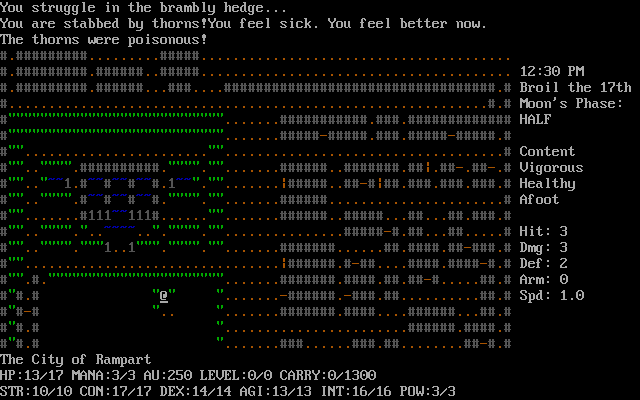
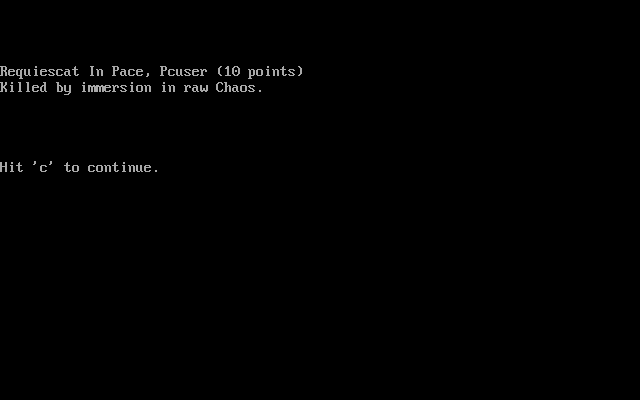
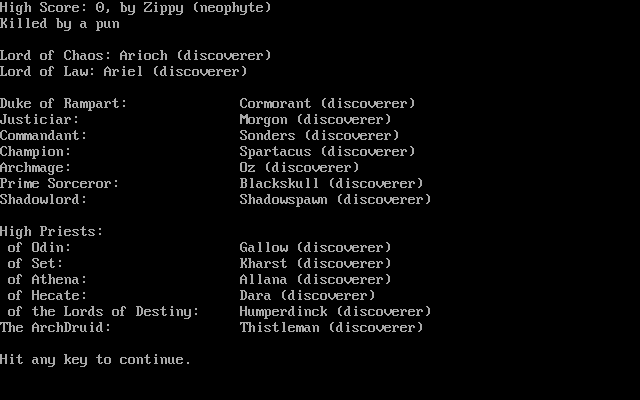
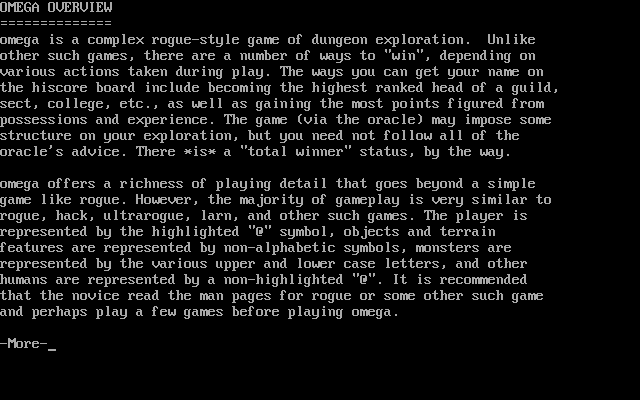
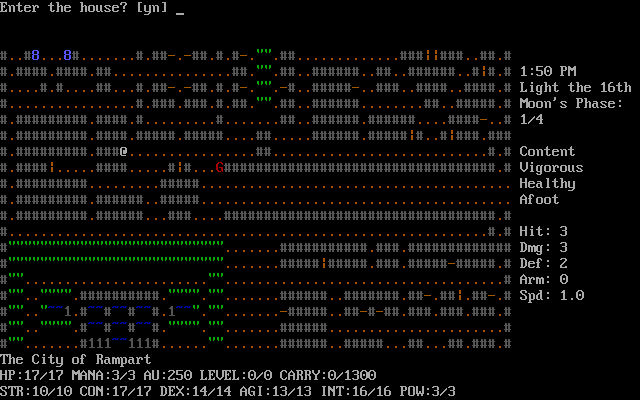

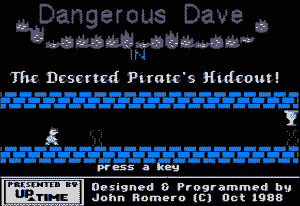

Reviews
There are no reviews yet.